Pros and Cons of Composite Decking Boards in Raised Garden Beds
Dive into the advantages and disadvantages of utilizing composite decking boards for constructing raised garden beds. Understand the factors to consider before making a decision.
Pros and Cons of Composite Decking Boards in Raised Garden Beds
Introduction
Raised garden beds have become a popular choice for gardening enthusiasts due to their numerous benefits, such as improved drainage, easier weed control, and better accessibility. One material that has gained attention for constructing these beds is composite decking boards. These boards are made from a combination of wood fibers and recycled plastic, making them an eco-friendly option. However, using composite decking boards in raised garden beds comes with its own set of advantages and disadvantages. This article aims to provide a balanced view by examining aspects like initial cost, longevity, environmental impact, and potential effects on soil and plant health.
Initial Cost
One of the primary considerations when choosing materials for raised garden beds is the initial cost. Composite decking boards tend to be more expensive upfront compared to traditional wood options like cedar or pine. The higher price tag can be attributed to the manufacturing process, which involves blending wood fibers with recycled plastic. Despite this, some users argue that the long-term savings on maintenance and replacement costs may offset the initial expense.
Longevity
Composite decking boards are known for their durability and resistance to rot, insects, and moisture. Unlike untreated wood, they do not require regular sealing or painting, which can significantly extend the lifespan of the raised garden bed. This longevity makes them a potentially cost-effective solution over time, especially in regions with harsh weather conditions. However, it’s important to note that composite materials can still degrade under certain circumstances, such as prolonged exposure to extreme temperatures or physical damage.
Environmental Impact
From an environmental standpoint, composite decking boards offer several advantages. They are made from recycled materials, reducing waste in landfills and minimizing the need for new timber harvesting. Additionally, the boards themselves are highly durable, further reducing the frequency of replacements. However, the production process of composite materials requires significant energy and resources, which could negate some of the environmental benefits. Moreover, concerns about the leaching of chemicals from composite boards into the soil have been raised, although studies on this topic are limited.
Potential Effects on Soil and Plant Health
The use of composite decking boards in raised garden beds raises questions about their impact on soil and plant health. While most composite materials are considered safe, there is some concern about the potential leaching of chemicals into the soil. Some studies suggest that composite materials can release small amounts of chemicals, but the levels are generally low enough not to pose a significant risk to plants. However, for those seeking a completely natural growing environment, opting for untreated wood or other non-composite materials might be preferable.
Conclusion
Using composite decking boards in raised garden beds presents a mix of pros and cons. While they offer durability, cost-effectiveness, and environmental benefits, concerns about chemical leaching and initial cost must be carefully considered. Ultimately, the decision should be based on individual needs, preferences, and the specific requirements of your garden project.
Reference
Baoding Plastroy WPC Products
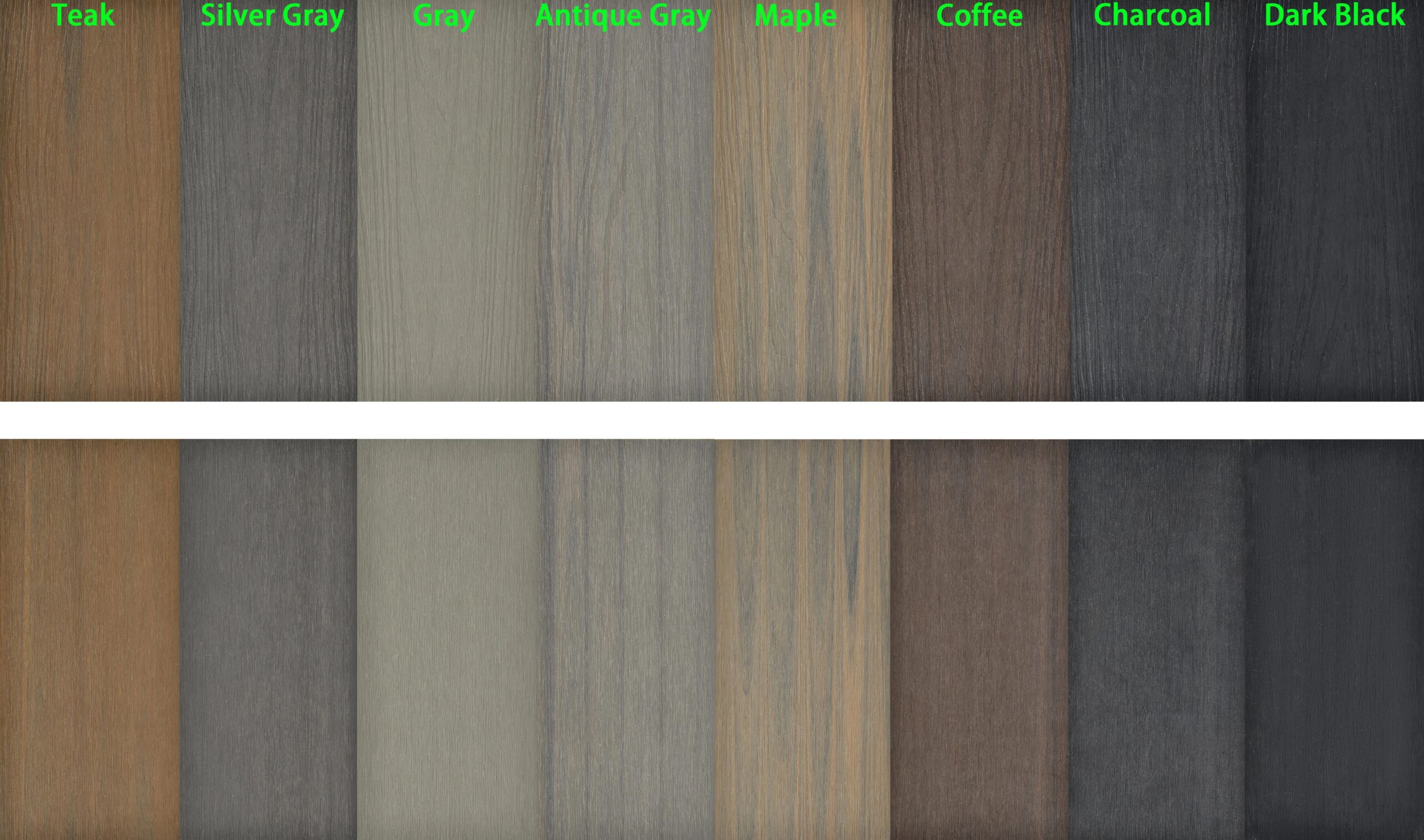
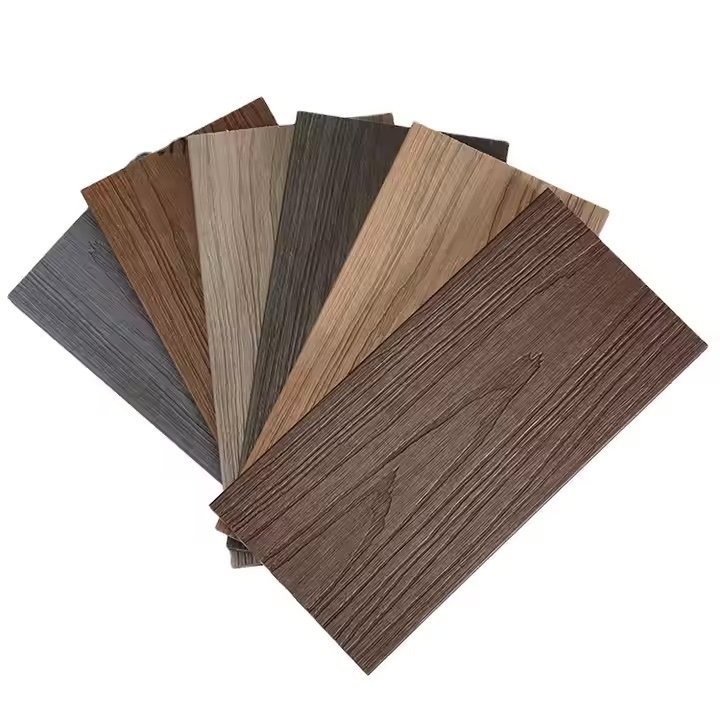
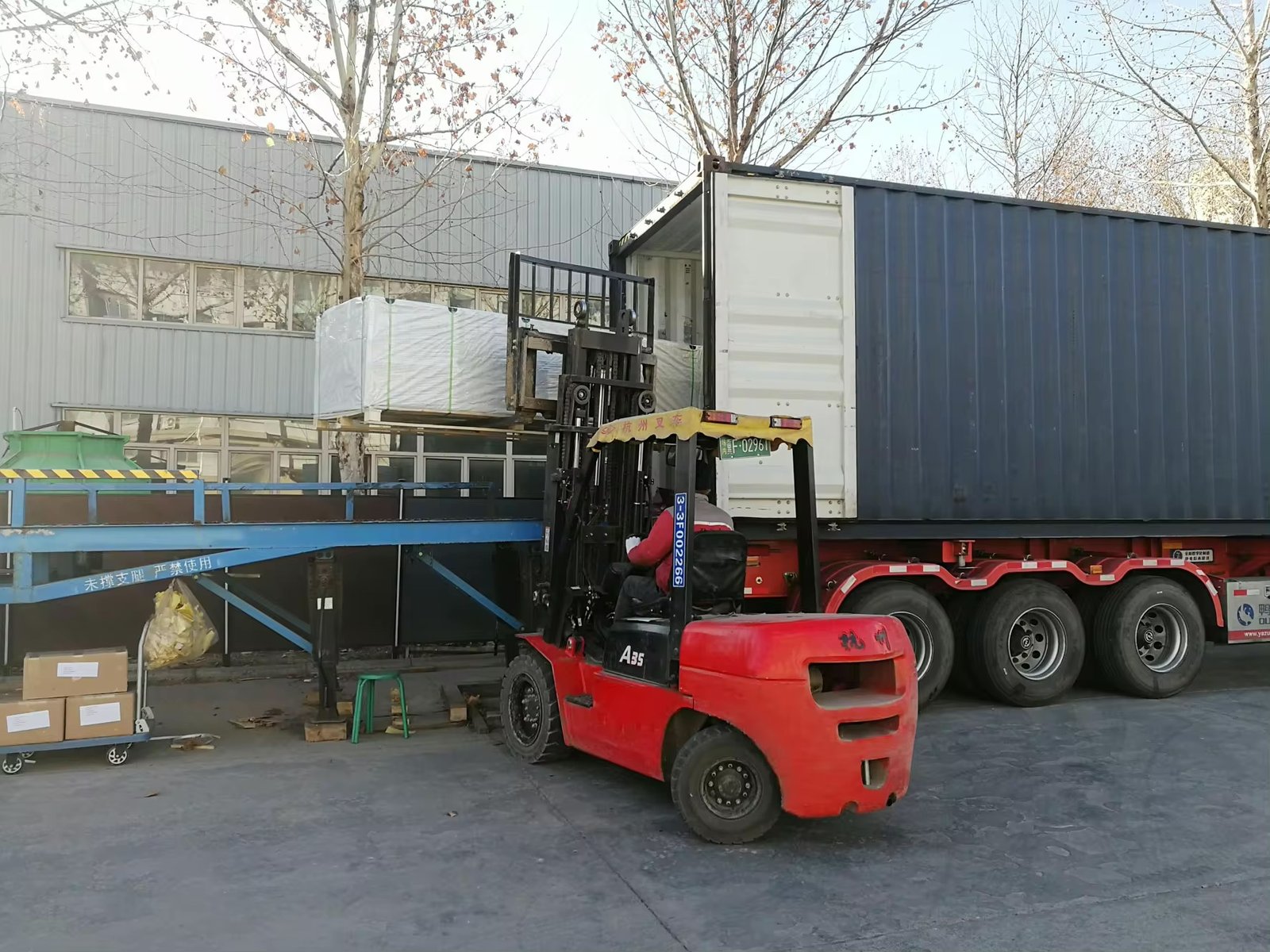
Why Choose Plastory?
Baoding Plastory New Materials Co., Ltd. is a manufacturer of decorative materials with over 9 years of experience and 56 separate production lines.
Currently, our annual production exceeds 30,000 tons, with products exported to more than 50 countries worldwide.
Plastory is the drafting unit of the WPC National Standards and has obtained certifications such as REACH, ASTM, CE, and FSC. Plastory is dedicated to maintaining consistent quality, focusing on details, and prioritizing customer satisfaction.
Our factory is located in Baoding, Hebei Province, China, with a prime location and convenient transportation access. Baoding is approximately a 1.5-hour drive from Beijing Capital International Airport and just 2 hours away from Tianjin Port, making it easy for global clients to visit and facilitating efficient shipping of goods. Our facility spans a large area, equipped with advanced production equipment and modern testing facilities to ensure that every batch of products meets the highest quality standards.
We warmly welcome clients from around the world to visit our factory, where you can see our production processes firsthand and experience our product quality. Please feel free to reach out to us—we are committed to providing you with the best products and services.
Kindly get in touch with us to request a product catalogue.

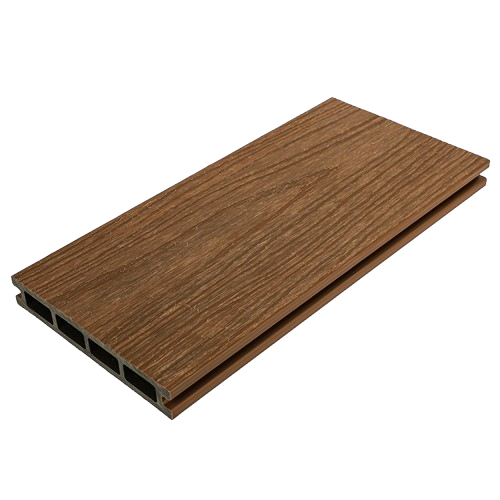
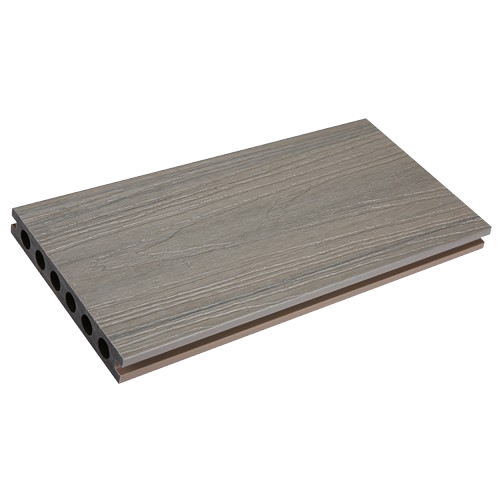
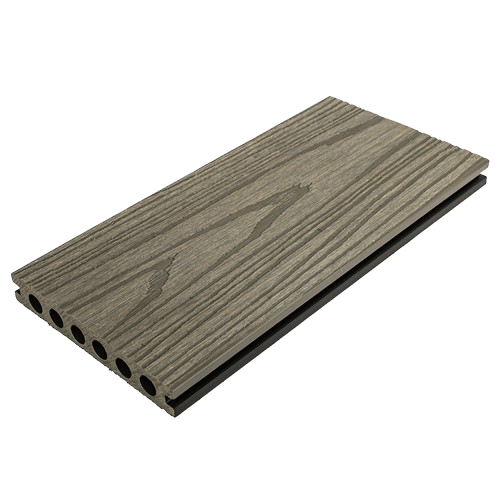
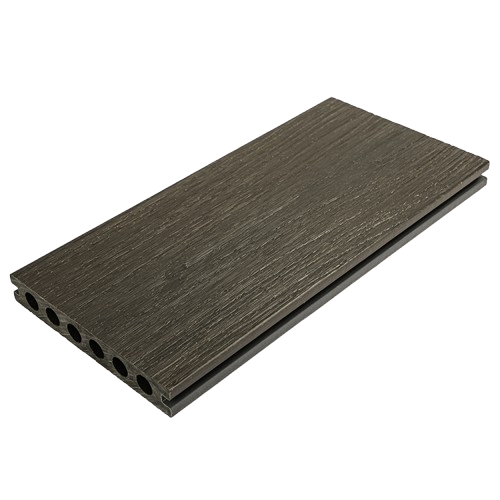
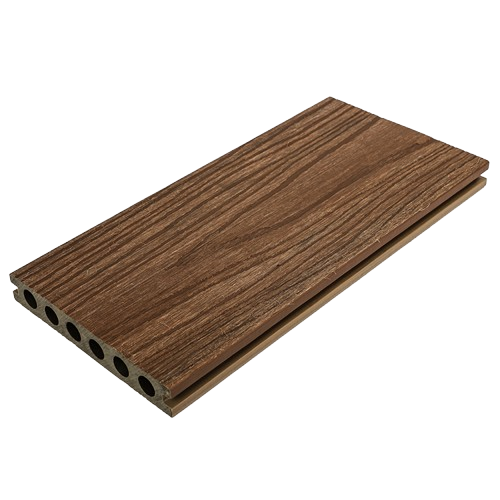
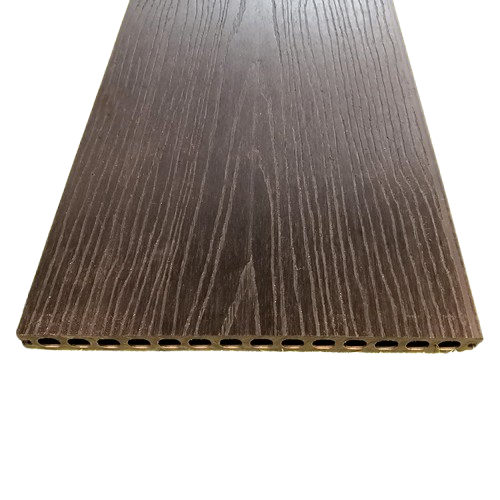
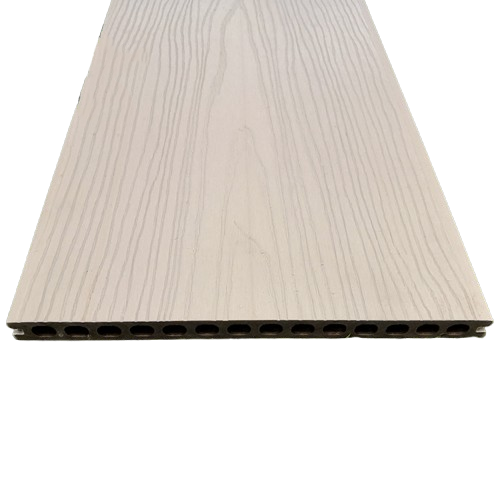
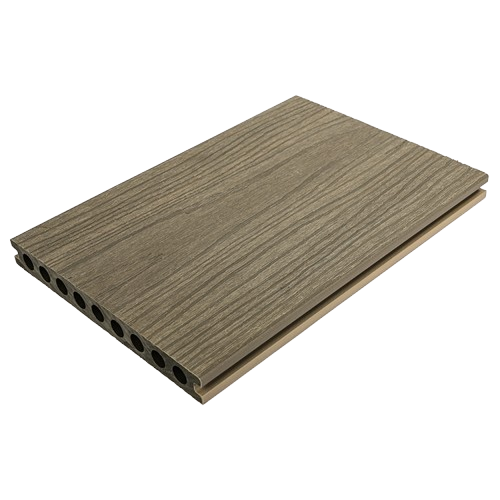

Reviews
There are no reviews yet.